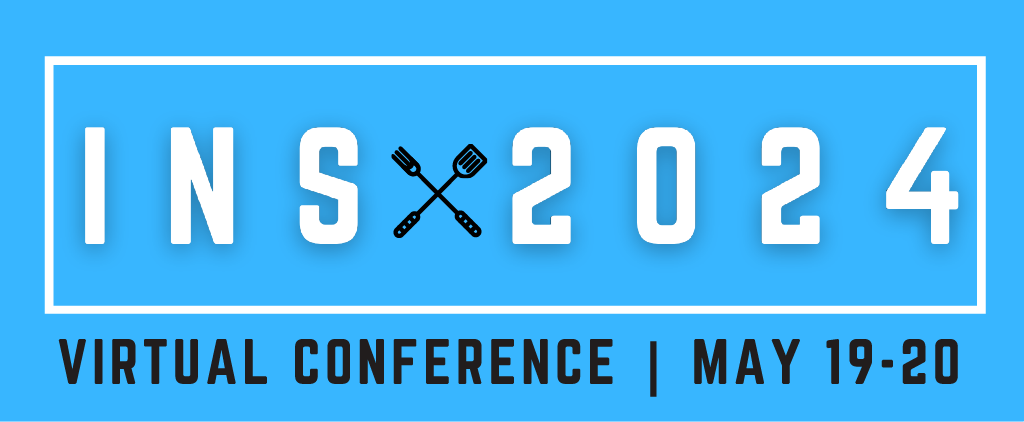
Learning Center
Implanted Vascular Access Devices (IVADs): Patency Is Not Always Black-or-White [virtual]
When a brisk blood return is not obtained from an implanted vascular access device (IVAD), infusion nurses are faced with difficult questions: Is it safe to use the device? Is starting a peripheral IV always the right answer? Because intermittent patency or occlusion of an IVAD can delay treatments and increase health care costs, infusion nurses are uniquely positioned to impact treatment planning when patency concerns arise. Individualized treatment planning may require deviation from algorithms and consideration of patient-specific factors such as medical history, clinical presentation, living situation, beliefs, and ability to participate in care decisions. In this session, we will critically examine IVAD clinical scenarios and consider potential interventions for suboptimal device patency.
Learning Objectives: At the conclusion of this session, participants will be able to:
- Define patency and the three types of occlusions: complete, partial, and withdrawal.
- Describe the factors used to assess and individualize a patient's treatment plan when IVAD patency is lacking or intermittent.
- Identify evidence-based interventions for IVADs presenting without a brisk blood return.
Contact Hours: 1
CRNI® RUs: 2
Mary Jo Sarver, MN, ARNP, AOCN, CRNI®, VA-BC, LNC
CEO
Sarver Better Living
Mary Jo Sarver, MN, ARNP, AOCN, CRNI®, VA-BC, LNC, has more than 37 years of experience in infusion therapy and oncology/hematology care. Her role focuses on continuity of care and seamless transitions for patients within and outside the acute care setting. She collaborates and acts as a consultant locally and on a system level for Providence, guiding staff development, competency assessment, and process improvement to improve outcomes in multiple areas of clinical practice and new graduate transition to practice. She attends cancer care conferences, rounds in the clinics and hospital, and actively consults and sees patients and families for treatment and care planning. She has published, conducted research, and spoken on multiple topics within the United States. For decades, passion has prompted her to participate both locally on the Puget Sound Infusion Nurses Society (PSINS), Puget Sound Oncology Nursing Society (PSONS), and American Cancer Society (ACS) boards and to nationally assume various roles through the Infusion Nurses Society (INS) and Oncology Nursing Society) (ONS). She is CEO of Sarver Better Living Products LLC, a family-run company.
